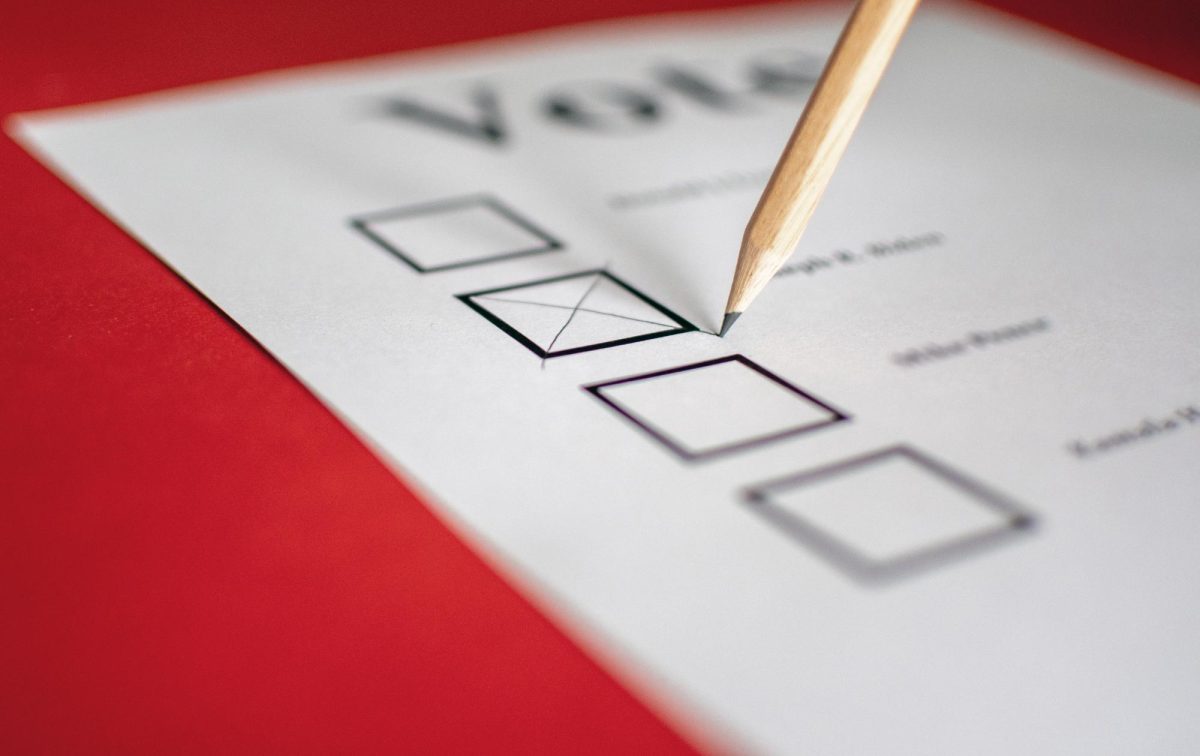The Importance of Sleep

Getting enough sleep is essential in getting the best out of your day.
By Michael Montes
Oftentimes, sleep just seems like a way to finally rest after important work is finished and jobs are done. However, this idea is a common misconception that may be more impactful than it seems. Sleep is a critical function that’s frequently neglected, in regards to both its quality and quantity. The amount of sleep one gets each night drastically affects the equally important hours in which work is done. The everyday physiological responses resulting from sleep habits dictate physical, mental, and emotional statuses.
Sleep quality is expectedly important in the role of physical health. Time spent asleep is a crucial period where the immune system is repaired and strengthened. A study revealed that people who slept less than seven hours a day were three times more likely to develop a cold than those who slept over eight hours.
Cognitive performance is one of the main factors that’s impacted by the amount of good sleep one gets each night. Coordination, memory, attention span, and decision-making abilities are impaired when sleep-deprived, which can affect performance in the classroom.
Humans are better learners when given a full night of sleep. Lack of sleep can be detrimental to both short-term and long-term memory., The hippocampus, a vital component of the human brain that is primary in forming memories, is restored during sleep. To put it simply for students, the hippocampus is essential for learning and memorizing terms taught in the classroom, so it must be treated properly and given a proper amount of sleep each night. Studies revealed that high school students retain material better when they study before going to sleep, rather than studying in the morning; a study session before bed can help, as long as the time spent studying doesn’t interfere with time spent asleep.
Quality sleep is also paramount in mental health and the production of hormones. Sleep lowers the amount of cortisol (stress hormones) in the brain, and increases levels of dopamine (hormones that deal with how we feel pleasure) and serotonin (mood-stabilizing hormones). Without a proper night’s amount of sleep, dopamine and serotonin levels aren’t where they should be, leading to grumpiness and a lack of emotional intelligence throughout the day.
More surprisingly, insomniac behavior has been linked to obesity. Since energy is regained when sleeping and eating, it can’t be expected to do so when neither is done. As a result of gaining less energy from sleep, one’s diet offsets and the body tends to have unnatural and unhealthy cravings while sleep-deprived. Studies have shown that adults who suffer from insomnia are 55% more likely to be obese while children are 89% more likely to be obese. Unfortunately, the risk of insomnia only increases with age and obesity.
Student life can be challenging. Students are expected to juggle the demands of rigorous courses, extracurriculars, work and personal life. Finding a sleep schedule that agrees with student life can be difficult, yet crucial in improving it. However, there are methods to ensure better quality and increased length of valuable sleep.
Setting an evening routine can be remarkably beneficial to getting into bed at a reasonable time. Routines train the brain to perform tasks at a certain time and pace, giving organization to each day. Reading a book for 20 minutes or brushing your teeth before bed are great examples of before-bed routines.
A killer of effective sleep is artificial light. The light produced from screens, electronics, and other artificial light sources is associated with the natural light present only during daylight hours, manipulating the brain into thinking that illuminated hours are hours to be spent awake. One of the most effective ways to get quality sleep is to black out your room during bedtime. Clinics such as the Cleveland Clinic recommend cutting off screen time one hour before bed to get the best sleep possible.
A theme among insomniac behavior is associating non-sleep activities with sleep. Although it may seem strict, using your bed only for sleep is the best way to guarantee restful sleep. This means that work should be done at the desk, and sleep should be done in the bed; no midday lounging on the bed. Conclusively, seven to nine hours of sleep per night is the recommended range for getting optimal sleep benefits for students.




![A [Very Biased] Review of You Can't Take it With You](https://chargernewspaper.com/wp-content/uploads/2024/10/image2-1200x800.jpeg)










